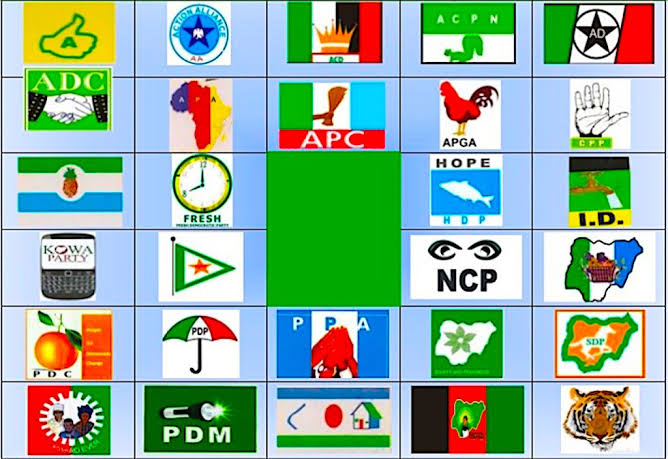The Abuja School of Social and Political Thoughts, has renewed call for shifting of the June 3, deadline by the Independent National Electoral Commission (INEC) for political parties to conduct their primaries.
The Inter-Party Advisory Council (IPAC), had appealed to INEC to shift the deadline to enable political parties to conduct credible primaries for the 2023 general election.
Dr Sam Amadi, the director of the school said this at a day roundtable with the theme “2023 Elections: Strengthening INEC oversight on internal Democracy of Political Parties” in Abuja.
“Let me say it clearly that this time I could see no reason why INEC should not accept the demands of the association of political parties, putting pressure on it to extend the deadline for primaries.
“Many of us have supported INEC not extend the deadline, but there is clearly confusion in the system right now, such that it is actually right for INEC to consider the demand of political parties.
“If you actually look at the time allotted for campaign is extensive, so it may be right to cut off some of those things and get the Primaries right,” Amadi said.
The school director, said there was need for the extension to allow some issues to be cleared, saying the school concern was for clarity, consistency and people’s participation.
“Look at how some of these parties are postponing their primaries by one day, two days just because nobody knows the Electoral Act that would used.
“If the president signs the amendment to the Electoral Act 2022, that means the things with change immediately,” he said.
Amadi said that primary election was very important and hence required adequate time for political parties to get it right.
He, however, clarified that the roundtable was not working for any political party as it was working to strengthening INEC to ensure that Nigeria got its political system right.
A panelist at the event and a fellow of the school, Mr Kelechi Akabueze, advised INEC to give a clear interpretations of the new Electoral Act to guide political parties to ensure that they do the right thing.
Another panelist, Mr John Oko, advised the electorate not see election as just an event, but a process that they must get involved in.
He said that if the citizens got more involved in the electoral process the process would be improved upon.
Another panelist, Mr David Onu, said that technology had help to improve the electoral process in most countries.

Onu said that there was need for Nigeria to introduce advance technology that would make more citizens to be involved in the process of electing their leaders.
A fellow of the school, Prof. Udenta Udenta, said that the roundtable was part of the activities of the school under its Governance, Politics and Election Programme.
Udenta said that the school took special interest in the question of democracy and politics in Africa.
“As we witness the crisis of democracy globally and the grave threat to stability and civic peace posed by its collapse in many parts of Africa, there is need to rethink the assumptions and fundamentals of democracy and the institutions of democratic governance in the region.
“The school studies the problematic sociopolitical effects of the management of democratic politics, and how the administration of elections has hindered or facilitated nation building, democratization and enthroned, in some situations, illiberal democracy.
“The school periodically brings together intellectuals and bureaucrats to engage in rigorous reviews and analyses of electoral democracy and political governance in Africa,” Udenta said.
He said that the roundtable was aimed at examining the character of Nigerian election with regards to the quality of participation.(NAN)